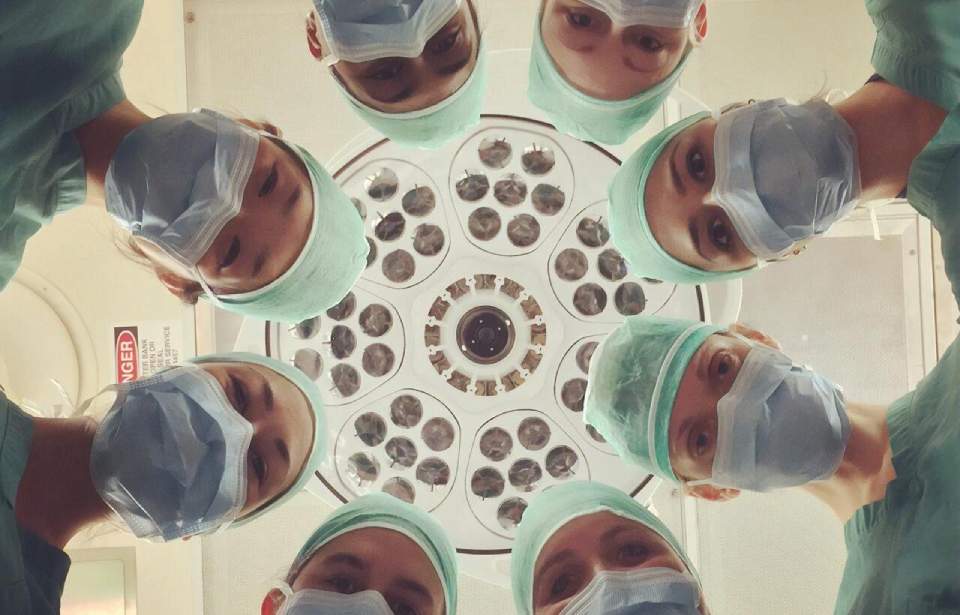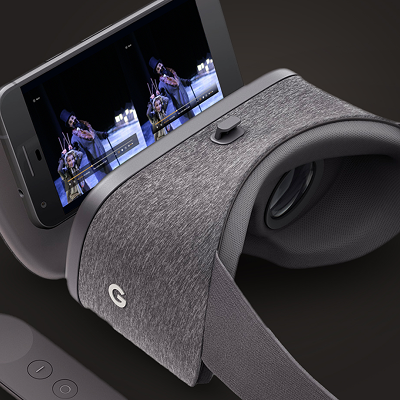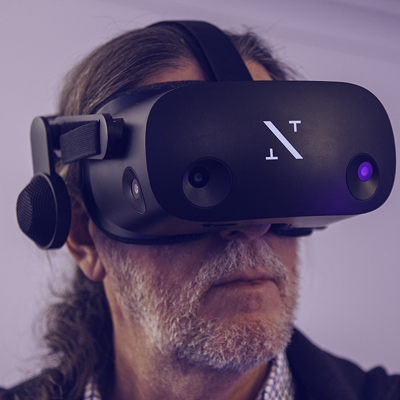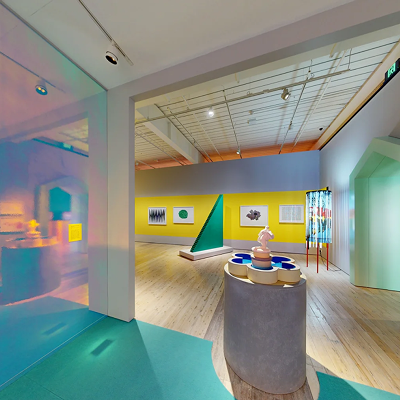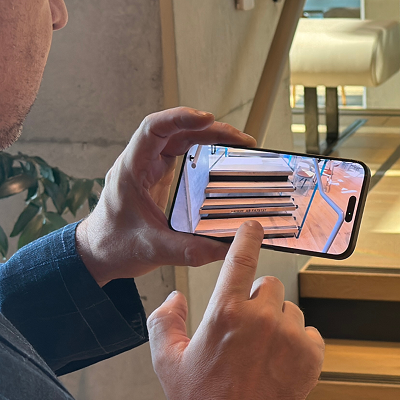How Is Augmented Reality Utilised In Healthcare Sector?
November 6, 2023
In the medical world, how is Augmented Reality (AR) used? There are numerous application scenarios for augmented reality technologies. Physicians and medical centres, as well as patients, can all benefit from an AR experience.
The moment in which medics were required to train entirely on cadavers is over. Artificial intelligence, as well as virtual and augmented reality technology, have improved the effectiveness and immersion of medical education today. Additionally, these technologies have improved the quality of patient treatment and experience.
In Healthcare, How is Augmented Reality Used?
For medical professionals, augmented reality can be used in two ways: for teaching and training, or for diagnoses and treatment. Additionally, AR has the potential to greatly improve care quality. Surgeons can monitor vital signs and other critical information while doing surgery using smart glasses and similar digital gadgets, therefore lowering the risks associated with the procedure.
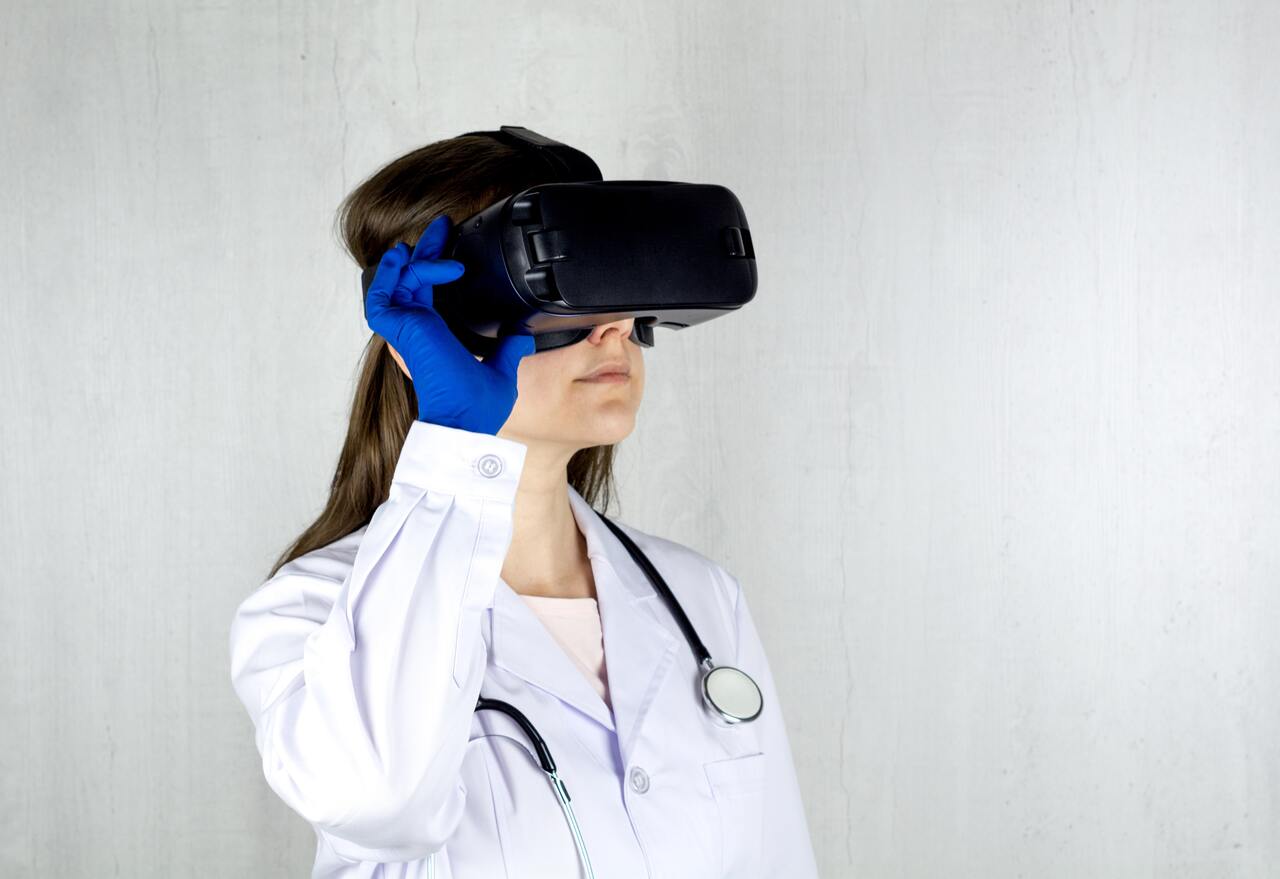
If you’re considering enhancing your healthcare solution with cutting-edge services, it’s critical to grasp how they’ll benefit you. Immersive technology implementation can be challenging, so assess the benefits and drawbacks carefully. Several instances of how augmented reality is used in healthcare are outlined below.
Education and Training
A medical student’s life is complicated by the fact that they must process a great deal of information. Augmented reality is a more efficient method of assimilating this information. Additionally, with the aid of augmented reality games such as Touch Surgery, a student or intern can carry out virtual surgery without risking the safety of a patient. Additionally, this technology enables the medical school to avoid using cadavers for practical instruction, hence avoiding moral and ethical dilemmas associated with this practise.
Surgical Procedures Performed In-Hospital or Remotely
Surgery is a particularly advantageous application of augmented and virtual reality in contemporary medicine for the following reasons: Augmented reality can be used to simulate surgery prior to its execution, allowing the surgeon or student to consider numerous possible scenarios. Through the use of sensor data, physicians and students can more quickly estimate risk during a surgery. Additionally, video streaming and patient guidance applications assist physicians in controlling both real-world and remote procedures.
Therapy for Mental Health Issues
While the applications of augmented reality in healthcare described above are fairly self-explanatory, it is also possible to use AR medical technology to treat mental problems. Any ailment is a cause for concern in and of itself, as it can place an additional strain on the nervous system. This can cause treatment strategies to become more complicated. The patient can gain a better understanding of what is occurring and possibly prevent anxiety with the assistance of augmented reality.
Diagnostic Proficiency
It will be easier to analyse the state of the entire body if data from multiple sensors can be shown and the effect of all the concerns projected onto the patient. The doctor can then have a holistic view of the patient’s health and make informed judgments.
Assessments of Risks
Combining medical diagnosis capabilities with the predictive powers of AR enables the generation of data-driven insights and recommendations, as well as the prediction of some less-than-obvious health risks.
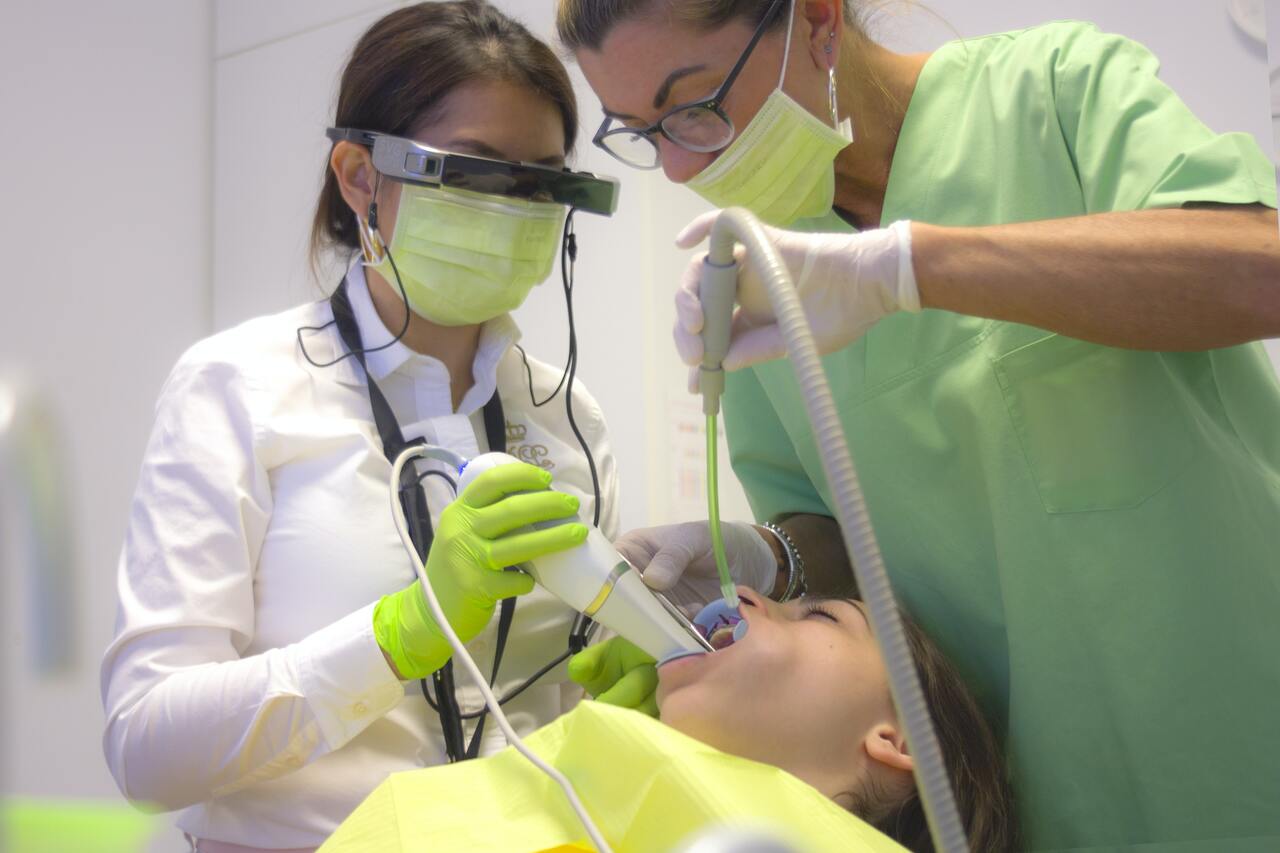
Consultations Carried Out Remotely
Not everyone has access to medical care, which can be a result of their physical distance from a hospital or doctor’s office. In these instances, augmented reality applications may be beneficial for providing remote therapy. It enables the establishment of eye-to-eye contact, the reading of emotions, and the measurement of a patient’s pulse.
Navigation During Medical Emergencies
This is one of the most significant uses of augmented reality in the field of nursing. Frequently, a patient’s life is dependent on the medical specialists correct actions. For emergency hospital navigation, augmented reality applications can assist the nurse in quickly locating the appropriate room or piece of equipment. This medical augmented reality system is particularly beneficial for ongoing training and for example recent college graduates.
Final Thought
The process of developing an augmented reality application is challenging and costly. However, it will pay for itself in terms of physician errors avoided, lives saved, and a more pleasant patient experience. Contact a reputable augmented reality software development business to ensure that the technology performs optimally.
42 Interactive understands how to assist you in digitally transforming the healthcare services you provide; therefore, please complete the form below for additional information!

